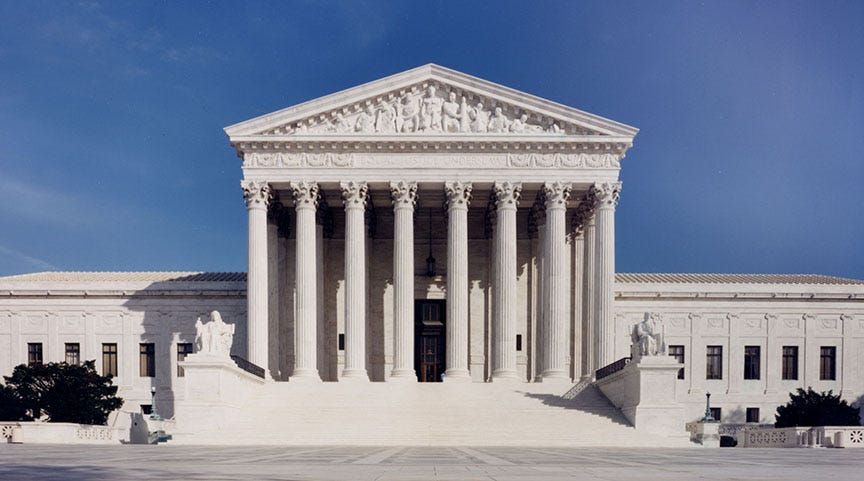Genderwoo Media Prepares To Ignore Supreme Court Skrmetti Decision
With false framing and misinformation
A reader of The Advocate will be left with the impression that the pending Supreme Court decision on pediatric transition bans is entirely the result of one evangelical religious organization filing a single amicus brief. Altogether, 74 different organizations, entities, or individuals filed amicus briefs in the case, but The Advocate is only impressed by the Southern Baptist Convention’s Ethics and Religious Liberty Commission.
The reason? Jonathan Skrmetti, the Tennessee attorney general whose name ended up on the Court docket, told the Commission recently that his role in the case was “God’s will.” When Christians say that, they are being humble. When radicalized reporters read those words, however, they receive the phrase as if Radio Rwanda has called for ethnic cleansing.
“The suit challenges the provisions of the law banning hormone replacement therapy and puberty blockers for the purpose of gender transition for people under 18 and does not include the ban on surgery,” writer Tr…




